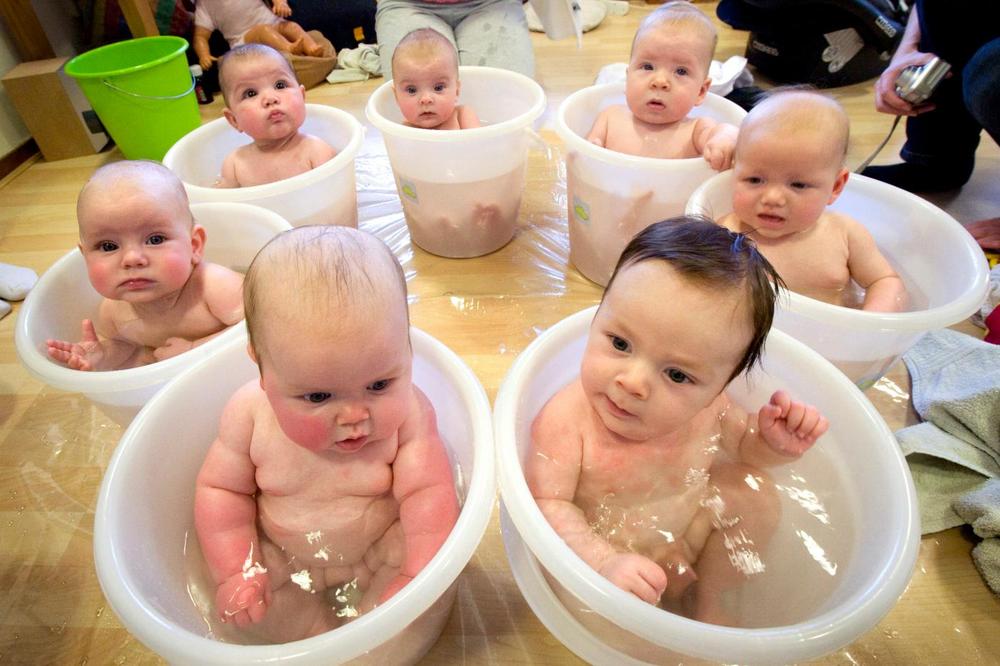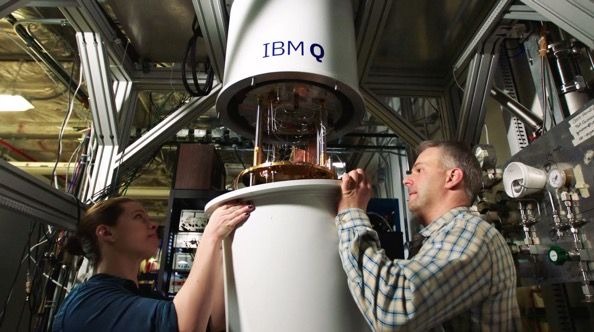A new study shows that 3D-printing a section of spinal cord, living cells and all, restored movement in injured rats.



(CNN) — While astronomers estimate that the Andromeda galaxy will collide with our own Milky Way galaxy 8 billion years from now, they now believe that another collision will happen even sooner.
The Large Magellanic Cloud will catastrophically collide with the Milky Way in 2 billion years, according to a study published this month in the Monthly Notices of the Royal Astronomical Society. The impact, which they believe is long overdue, has a chance of sending our solar system “hurtling through space.”
Our galaxy is orbited by smaller satellite galaxies, the kind of dance that can go on undisturbed for billions of years. Other times, things take a violent turn, and satellite galaxies can migrate toward the Milky Way until they collide and are gobbled up.

Another senolytic drug candidate has entered development at Unity Biotechnologies. The purpose of senolytics is to clear the body of harmful senescent cells, which accumulate with age and encourage age-related diseases to develop.
A new treatment for age-related diseases of the eye
Recently, UNITY Biotechnologies announced the selection of a new lead drug, UBX1967, with the goal of treating a range of age-related diseases of the eye. This is the second drug in the pipeline of this $677 million company. This drug is unique in the world of eye treatment; it targets and destroys senescent cells, making it a senolytic that targets one of the root causes of aging to treat disease.

2019 will be the year in which we discover molecules and properties that are as yet unknown to humans. The breadth of biology and the enormous flexibility of genetic material will provide us with an ideal platform to explore an effectively unlimited number of molecules for novel materials and solutions. We will ultimately leave behind hydrocarbons and truly enter the biological age.
Joshua Hoffman is cofounder and CEO of Zymergen
– Meet the companies fixing depression by stimulating neurons.

I’m excited to share my new article from Quartz on how science will make it safer and easier for a 50-year-old woman to have a child in 2028 than a 25-year-old woman today. #IVG and #DelayedFertilityAdvantage are game changers.
Women’s biological clocks drive human conception—and, in turn, human history.
Biology’s inflexible window of female fertility is generally agreed to be between the ages 18 and 35. Any older, and the risk of miscarrying, not getting pregnant at all, or bearing unhealthy children skyrockets. When the average lifespan for a woman in the Western world now hovers at around 80 years old, this means that less than 25% of her life can be spent easily (and safely) procreating.
Men have the luxury of being able sow their seed for most of their lives with few health ramifications (which is why someone like 72-year-old US president Donald Trump has a 12-year-old child). By comparison, the average woman will only ovulate 300 to 400 eggs in her lifetime, which means she only has the same amount of menstrual cycles to ever pursue procreation.
This seemingly unfair accident of human biology is all about to change, thanks to transhumanist science. Genetic editing combined with stem-cell technology will likely make it safer for a 50-year-old woman to have a baby in 2028 than for a 25-year-old woman in 2018. In two decades’ time, healthy 75-year-old women could be starting new families once more.

The quantum computing revolution is upon us. Like the first digital computers, quantum computers offer the possibility of technology exponentially more powerful than current systems. They stand to change companies, entire industries, and the world by solving problems that seem impossible today and will likely disrupt every industry.
MIT is offering online courses for professionals in Quantum Computing. Learn the business implifications, and applications of quantum, and take the next step in your career.
Innovation in fashion is sparking radical change. In the future clothes could be computers, made with materials designed and grown in a lab.
Click here to subscribe to The Economist on YouTube: https://econ.st/2xvTKdy
A new wave of innovation is fueling a radical change in fashion. Wearable technology, data, automation and lab-grown materials will have a major impact on what people will be wearing in the future.
Since the birth of sewing and weaving, technology has always led developments in fashion. The Industrial Revolution mechanized manufacturing enabling mass production. In the 1960s synthetic materials like polyester took off, creating new possibilities for fashion.
Now the convergence of new technologies is opening up previously unimaginable possibilities. Self-styled fashion scientist Dr Amanda Parkes is in the vanguard of the industry’s latest reinvention. She heads up innovation at FT labs, a venture capital firm that invests primarily in disruptive fashion tech startups. Among these startups the race is on to find the next generation of renewable materials that can be grown in a lab. Traditional silk is produced from insect larvae that form cocoons, most commonly silkworms. But rather than relying on these insects bolt threads is creating silk in test tubes. Bio fabricated materials remove the need for animals and insects and they are a more sustainable and efficient way of producing raw materials.
Other companies are creating leather alternatives. Rather than using animals scientists are creating bio fabricated materials from pineapple leaves and even mushrooms. The convergence of fashion and technology also provides opportunities to transform not just clothes but the people wearing them.
George Church revealed progress on aging reversal using gene therapies. They have delivered 45 gene therapies to provide aging reversal. They find the combined treatment is effective against obesity, diabetes, osteoarthritis, cardiac damage and kidney disease.
This is the work that Nextbigfuture has been expecting from George’s company Rejuvenate Bio.
Rejuvenate Bio has been using the aging reversal therapies on dogs for almost all of 2018.
They’re being greedy by not making the content he wants to see.
Even though it’s my favorite channel…
